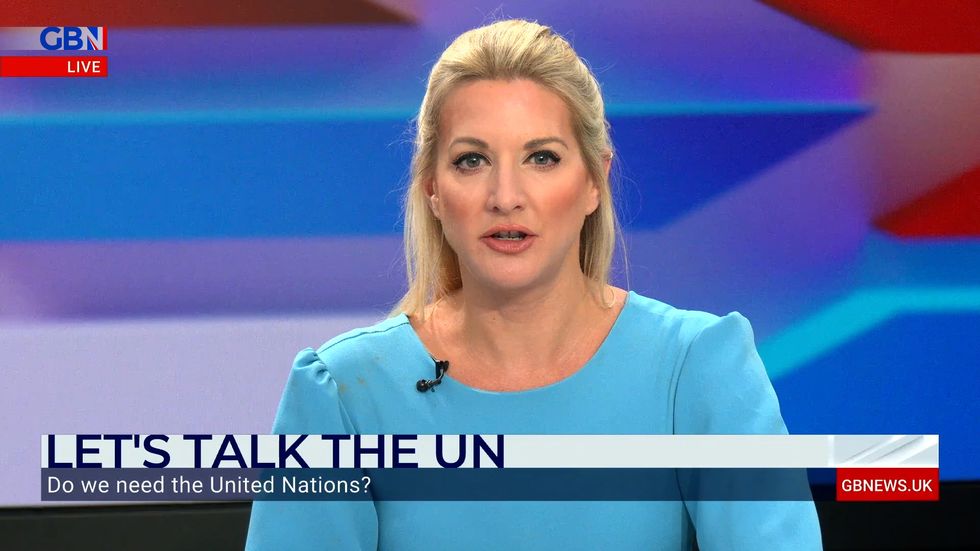Alex Phillips: We need to talk about the UN


When it comes to international politics, the one stop shop for global issues is the United Nations. Established after the second world war to, well, basically prevent future planet wide conflicts, it has evolved into a bureaucratic behemoth with numerous subsidiaries covering all aspects of politics and humanity, and as the pandemic has perhaps proven, can spring to life and coordinate global affairs with breathtaking clout, despite not having any direct authority.
After all, the WHO managed to persuade governments to lock most of the world inside their houses for the best part of a year. When global solutions are sought, the UN is there to choreograph and mediate. But it does not always get things right. The World Health Organisation has come under significant fire for their perceived proximity to Beijing. In fact, the list of alleged scandals, corruption and inefficiencies that dog the various UN agencies is too long to detail, but include appeasement, collusion, abuse of power, anti-semitism and elitism.
The UN has five permanent members on its Security Council, all of whom have nuclear arms, China, France, Russia, the UK and the United States, which other countries feel this leads to a distortion of influence where the UN bows to the interests of the big five but fails to protect smaller countries.
The UN is also a king maker. Its determination of what is a recognised state and what isn’t sets a geopolitical precedent. To this day the UN has not recognised Taiwan as an independent state. Meanwhile its global stretch and perceived might make it fertile ground for abuse, with suspicions that for many officials, particularly those operating in developing nations, the UN provides diplomatic immunity alongside the enormous potential for corruption and financial abuse, with recent decades also flagged up extremely grave allegations of sexual abuse, particularly in war torn states where the exploitation of children has been exposed. The UN’s election of Iran to the top legislative body on women’s rights this year certainly raised eyebrows.
An organisation of this magnitude is always going to be vulnerable to criticism and abuse. It is arguably inevitable. But the UN is rather like a big jelly. It’s so enormous and amorphous that even if one side quivers the entire structure holds its integrity and can fend off significant tremors.
The UN has enormous influence as almost every nation on the planet is a member, 192 in full. It has the General Assembly - meeting today - where every state gets a vote. While the most important questions require a two thirds majority, lighter matters can be resolved via a simple majority. The Secretariat oversees the entire body, where the Secretary General can personally mediate disputes. You will have heard of many of the cast of characters to have held this position, from Boutros Boutros Ghali (so good they named him twice) to Kofi Annan, Ban Ki Moon, and today’s Chief, Antonio Guterres.
Meanwhile there are the International Courts of Justice, where countries can bring cases against other countries, the World Bank, the IMF, Unesco, Unicef, the World Food Programme, the High Commission for Refugees and the World Trade Organisation to name a few of the more familiar entities, as well as a drop down menu of agencies headquartered all around the world.
In short, the magnitude and sway of the UN is eye watering. But is it vital? As the General Assembly meets today, we really need to talk about the United Nations